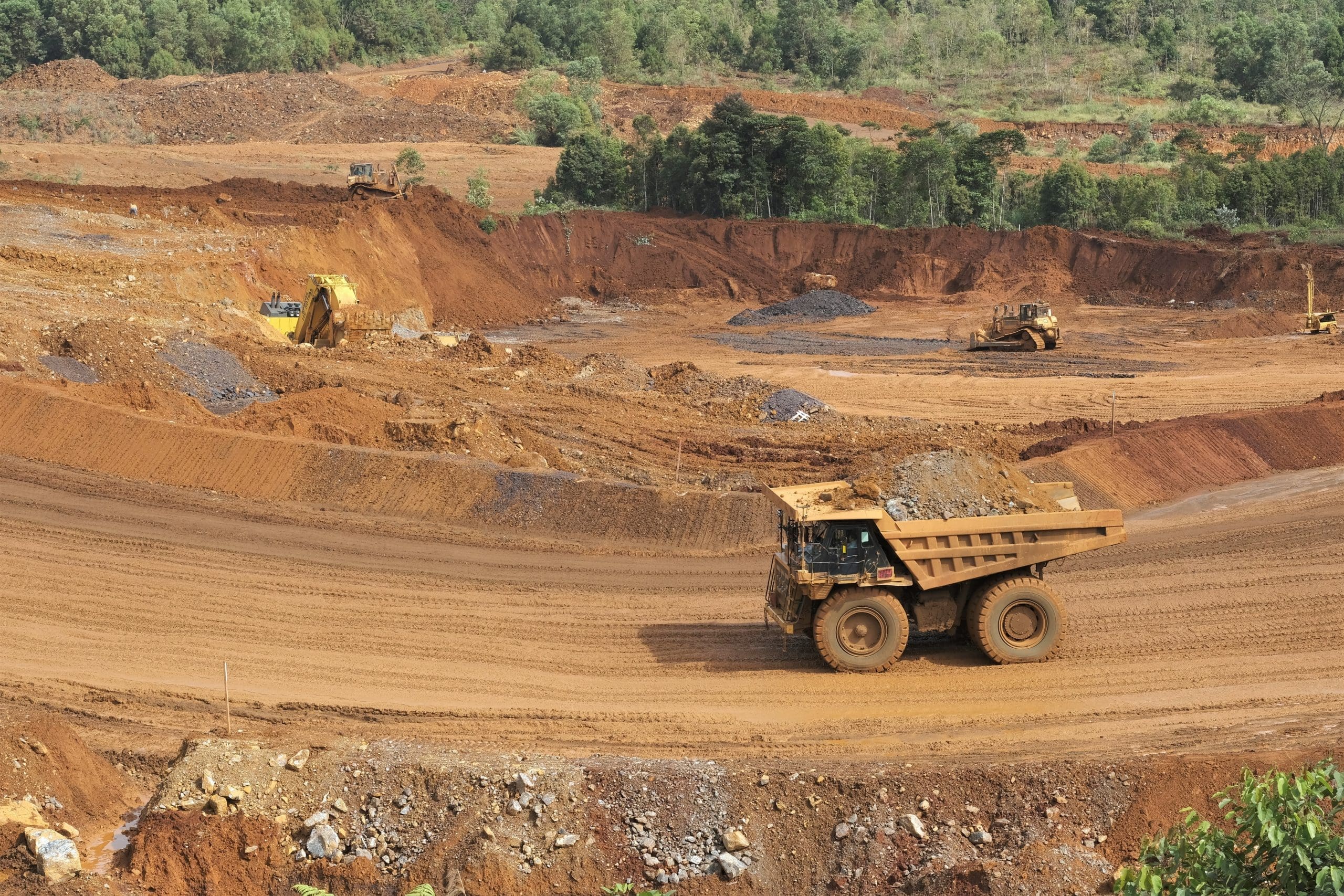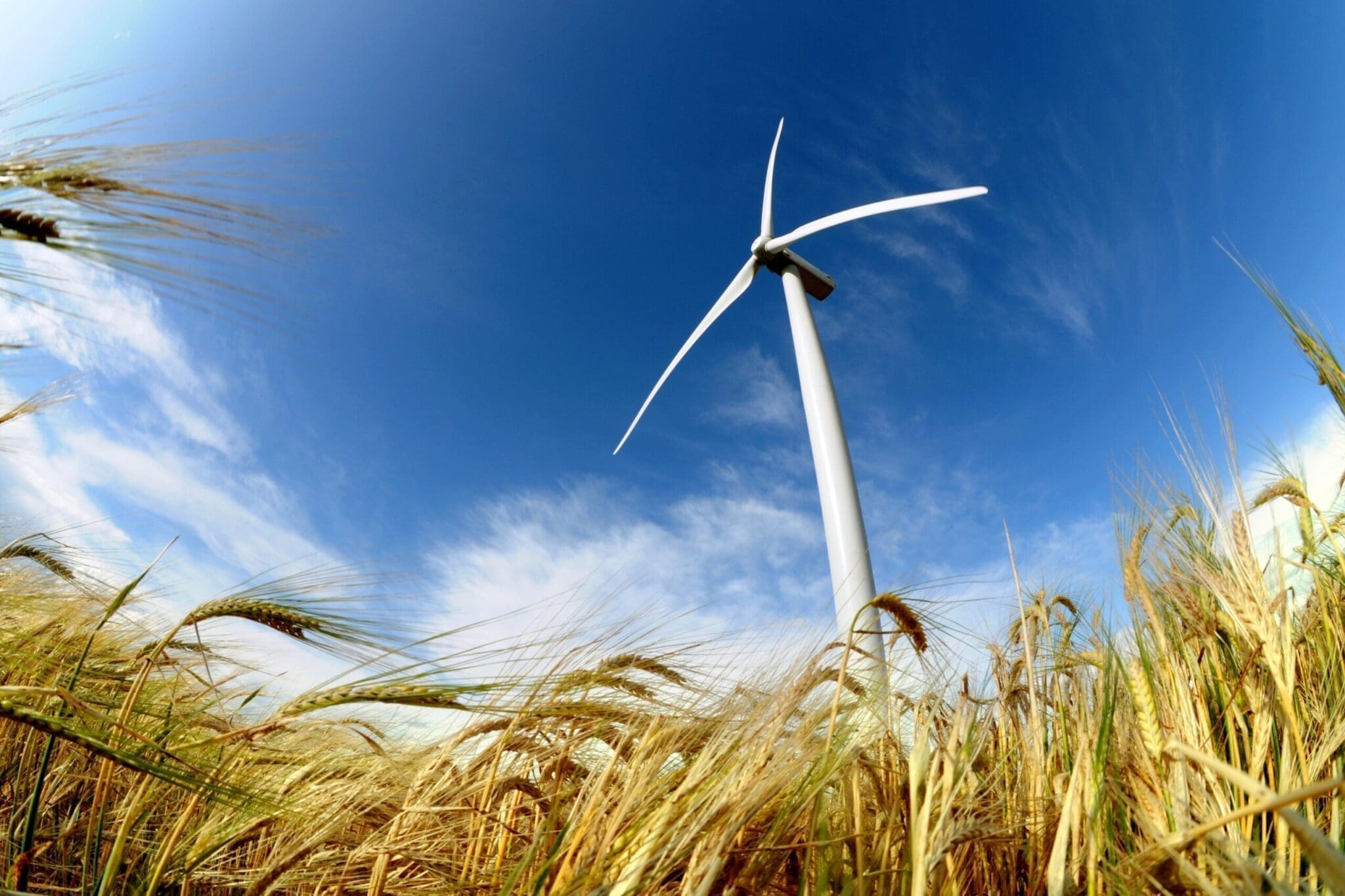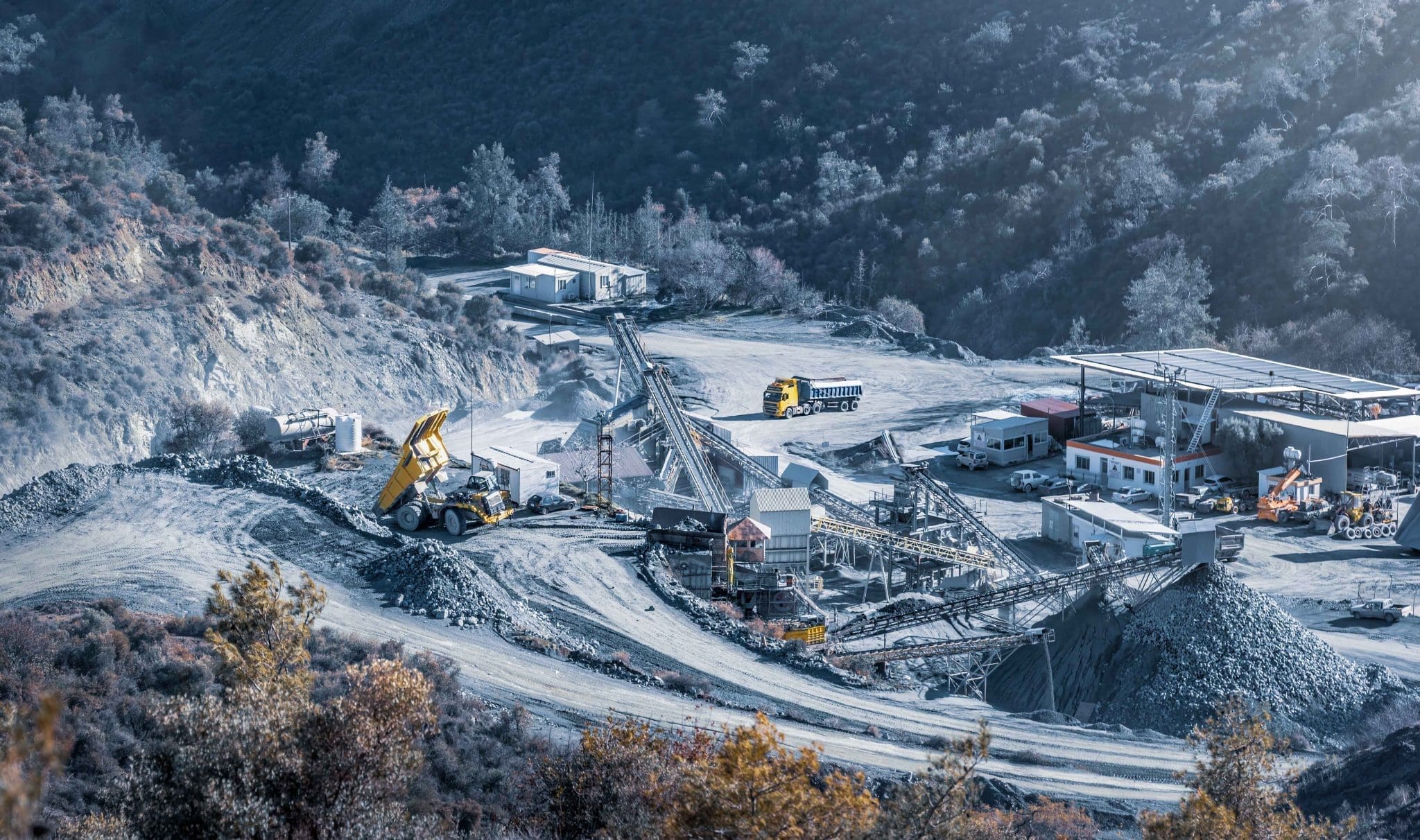As the global demand for nickel mining continues to rise, how do businesses ensure their entire supply chain is fully ethical and sustainable?
The global nickel mining demand to continues to rise due to its indispensable role in various industrial applications including electric batteries. This creates a greater need to ensure that every piece of the supply chain puzzle is ethical, sustainable and fully transparent.
As the demand for this essential metal surges, including nickel mining, so do the environmental and social challenges surrounding its extraction. As an ethically conscious business, what can be done to protect the communities at the bottom of an ever-growing global supply chain network?
Indonesia’s Key Role in the Green Energy Story
Indonesia has become a hub for mining Nickel in recent years, with the world’s largest reserves of this sought after resource, an essential component in electric batteries. An estimated 21 million tonnes, or one-quarter of the global total of Nickel resides in this area – according to data from the US Geological Survey.
Fatalities in the Mining Industry
Indonesia’s mining practices have been under scrutiny – with a particular focus on Chinese companies. With scrutiny relating to the number of mining-related fatalities and mining-generated waste. Muhammad Habib Abiyan Dzakwan, researcher at the Jakarta-based Center for Strategic and International studies (CSIS) said in a recent interview,
“Poor working conditions is an instant recipe for social tension, if not social disasters.”
The comment related to riots over safety standards and pay which had spiralled out of control earlier this year.
Another recent fatality and a number of serious injuries resulted from a fire at a nickel mining smelter, although assurances have been made regarding appropriate investigations into the cause of the accident, the safety records show several fatal accidents in less than a year raising questions on the necessary due diligence with regards to safety being carried out.
Building a Strong Supply Chain
It is crucial for all businesses to build strong and resilient supply chains. Being aware of the pressing health and safety issues in nickel mining operations in Indonesia in particular. Businesses should seek sustainable solutions that protect both the environment and the well-being of local communities as well as their own business reputation through compliance with a growing number of regulatory requirements.
Addressing Social impact
In some instances, nickel mining operations in Indonesia have been linked to child labour practices. Impoverished families may resort to this exploitative measure for survival. The working conditions in these mining sites are often hazardous, affecting not only adult workers but also vulnerable children.
With limited government resources available to police battery nickel mining activity and increasing supply chain scrutiny driven by legislation, it is down to the companies themselves to ensure the end-to-end sustainability and transparency of their supply chains. A regular program of inspections and audits should be conducted to monitor compliance. Employers must prioritise the health and safety of their workforce and that of the wider supply chain. Using suppliers that don’t do this, could jeopardise the future of the green energy industry and cause harm to a whole cross-section of businesses and stakeholders associated with it; from the institutional investors and shareholders at the top right through to the local communities at the bottom who rely on the economic development the industry can provide.
Reducing Environmental Impact
As well as the potential social impact, battery nickel mining can also have severe environmental consequences. Open-pit mining and deforestation often lead to habitat destruction, soil erosion, and loss of biodiversity. Moreover, the extraction process can contaminate nearby water sources with heavy metals and chemicals. This poses a significant threat to aquatic life, and the communities dependent on these resources for drinking water and agriculture.
Moving towards a More Ethical Global Economy
Nickel mining in Indonesia presents complex challenges for health and safety, requiring urgent attention from sustainability experts and stakeholders. By focusing on ethical supply chain practices, the global energy market can support more ethical nickel mining. This will ensure a more responsible and sustainable future. Only through collective efforts and innovative solutions can this mining industry contribute positively to both the global economy and the well-being of its people and environment.
Find out more about protecting your business and establishing a solid, ethical supply chain. Speak to Achilles today about how we can help you achieve an ethical and fair, more sustainable global economy. At Achilles, we reduce buyer risk and increase ESG standards. Using our data-driven insights to meet your supply chain sustainability goals.


